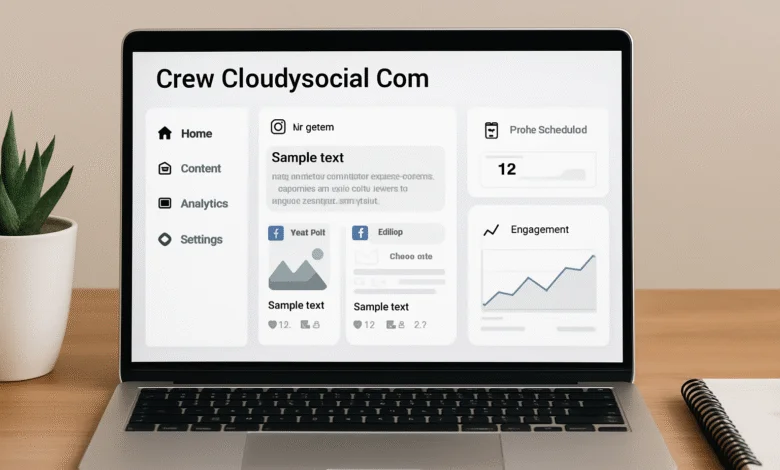
As the Ramadan timetable for 2024 counts down to the start of fasting, businesses need to be aware of the wellbeing of their Muslim employees during this important month. Ramadan, the ninth month of the Islamic lunar calendar, holds great significance for Muslims worldwide. It is a time of spiritual reflection, self-discipline, and increased devotion. For Muslim employees in the workplace, fasting from dawn until sunset can present unique challenges, but with the right support and accommodations, businesses can help ensure their wellbeing and productivity remain high throughout the month.
Fasting during Ramadan involves abstaining from food, drink, smoking, and other physical needs during daylight hours. This can result in changes to eating and sleeping patterns, as well as potential feelings of fatigue and decreased energy levels. Therefore, it’s essential for businesses to implement strategies that prioritize the wellness of their Muslim employees. Here are some practical steps businesses can take to support their Muslim employees during Ramadan:
Flexible Working Hours
Offering flexible working hours can be immensely beneficial for Muslim employees during Ramadan. Providing the option to adjust their schedules to accommodate fasting hours can help them manage their energy levels more effectively so that their overall productivity and performance at work is not affected. For example, allowing employees to start work earlier in the morning and leave earlier in the afternoon can provide them with additional time for rest before iftar, the evening meal to break the fast.
Encourage Breaks for Rest and Prayer
Recognize the importance of breaks for rest and prayer throughout the workday. Encourage Muslim employees to take short breaks for prayer or moments of reflection as needed. Providing a designated prayer space within the workplace can also contribute to a supportive and inclusive environment.
Promote Hydration and Healthy Eating
While fasting during Ramadan, it’s crucial for Muslim employees are not even allowed to drink water – it is strictly nil by mouth. Businesses can support this by ensuring that food and drink in communal areas are put away out of sight. As the day ends, businesses can ambrace the challenge of fasting by introducing nutritious meal options for iftar and suhoor (the pre-dawn meal before fasting begins). Consider organizing communal iftar gatherings or providing vouchers for local restaurants to make the breaking of the fast a social and enjoyable experience for employees.
Manage Workload and Deadlines
Be mindful of the additional challenges Muslim employees may face balancing work responsibilities with fasting. Avoid scheduling high-stress meetings or deadlines during Ramadan whenever possible. Instead, work with employees to prioritize tasks and adjust deadlines accordingly to alleviate unnecessary pressure.
Raise Awareness and Foster Understanding
Educate non-Muslim colleagues about the significance of Ramadan and the challenges that fasting may pose for Muslim employees. Encourage open communication and empathy within the workplace to foster understanding and support. This could include organizing informational sessions or cultural awareness training to promote inclusivity and respect for diverse religious practices.
By implementing these strategies, businesses can demonstrate their commitment to supporting the wellness and productivity of their Muslim employees during Ramadan. By creating a supportive and inclusive environment, businesses not only enhance employee satisfaction and retention but also strengthen their organizational culture and reputation.
In conclusion, as the Ramadan timetable for 2024 approaches, businesses have an opportunity to prioritize the wellbeing of their Muslim employees. By offering flexibility, promoting hydration and healthy eating, managing workloads effectively, and fostering understanding and empathy, businesses can create an environment where all employees feel valued and supported during this sacred month. Together, let us ensure that Ramadan becomes a time of increased productivity, harmony, and unity within the workplace.











